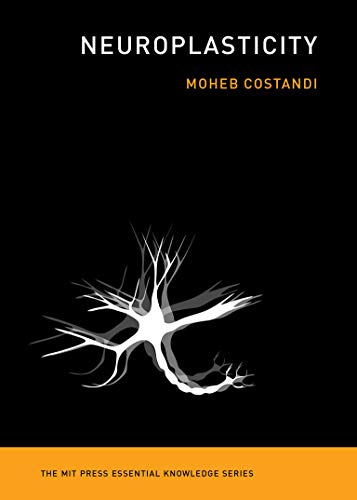Sublime
An inspiration engine for ideas
It refers to the ability of neurons to always forge new connections. Neuroplasticity, at its essence, is the process of the brain wiring and rewiring itself.
John Kehoe • Quantum Warrior | The Future of the Mind
Neuroplasticity is the brain's remarkable ability to reorganize and adapt by forming new neural connections throughout life. Here are the key aspects of neuroplasticity:
The brain is "massively plastic," meaning virtually all neural circuits—whether involved in feeling, seeing, hearing, moving, thinking, learning, perceiving, or remembering—can... See more
The brain is "massively plastic," meaning virtually all neural circuits—whether involved in feeling, seeing, hearing, moving, thinking, learning, perceiving, or remembering—can... See more
Notion – The all-in-one workspace for your notes, tasks, wikis, and databases.
My favourite thing about neuroscience is discovering again and again how plastic the brain is. Anything can be learned and unlearned, at any age. A new skill, a different behaviour, a way of thinking - once you start, the brain will adapt.
basilsubstack.com


Our brains are remarkably adept at learning new ways of thinking—and our neural connections are remarkably flexible, even into old age.
Maria Konnikova • Mastermind
Through decades of research, neuroscientists discovered that our brains remain highly adaptable at every age. This ability to reorganize and adapt is called neuroplasticity. Neuroplasticity explains how we develop new skills, recover from
